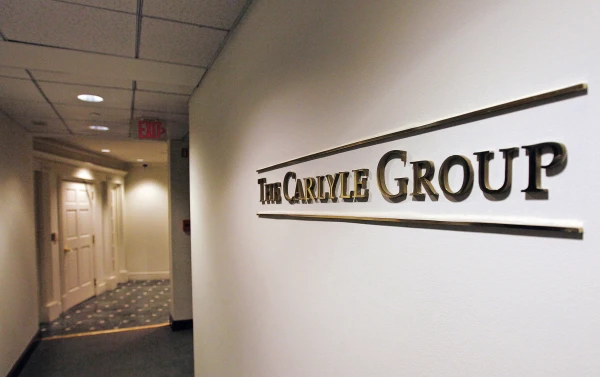
Starting January 1, 2026, in Latvia, according to the Ministry of Welfare's project, the minimum monthly wage will be increased again. However, not all Latvians will be pleased with this, writes Grani.lv.
According to the Ministry of Welfare, increasing the minimum wage will raise the incomes of low-paid workers, help reduce the shadow economy, and increase the purchasing power of the population, which will positively impact domestic demand and the Latvian economy. Especially considering that next year the non-taxable minimum is also set to rise – from 510 to 550 euros per month.
However, whether the stated goals will be achieved is a question. Firstly, according to the Central Statistical Bureau, only about 15% of workers (118,000 people) earn the minimum wage or less. Secondly, the increase itself is rather insignificant. Gross salaries will rise by only forty euros (from 740 to 780), and after taxes, the worker will receive 654 euros instead of the current 632. This means only 22 euros more, which is unlikely to save our economy or increase purchasing power.
Nevertheless, there will still be benefits. After all, various payments are tied to the minimum wage, including child support, payments by municipalities for caregiving services for a close person, funeral benefits in the event of a family member or dependent's death, hourly wage rates for workers, sick leave payments, and more. So, some Latvians will indeed benefit from the increase in the minimum wage.
On the other hand, employers will be at a loss. The amount of social contributions that an employer must pay for an employee is directly linked to the minimum wage. The higher the minimum wage, the higher the social tax paid on it. Currently, the total cost of one employee to the employer is 914.57 euros, but after the minimum wage increase, this amount will rise to 963 euros, requiring the employer to find an additional 48 euros from their own income.
At first glance, this figure may not seem large. However, if you have a medium or large business (meaning you employ dozens or hundreds of workers), it will not seem small at all. Especially considering that even for those employed part-time (for example, hired for cleaning, window washing, or catering), the law requires the employer to pay tax as if they were earning the full minimum wage. Currently, this is 252.27 euros, which will increase to 265.9 euros next year. Thus, the state has wisely safeguarded against situations where an employer, trying to partially evade tax payments, formally employs a worker part-time while they actually work full-time.
What could this situation lead to? Paradoxically, it may lead to an increase in the shadow economy. To stay afloat, overwhelmed by taxes, an employer might disregard the law and opt for envelope payments. Or they might simply lay off some workers, reducing staff. Then, the employees who were pleased with the minimum wage increase will head straight to the unemployment office, increasing the financial burden on the state, as it will have to pay benefits.















Leave a comment